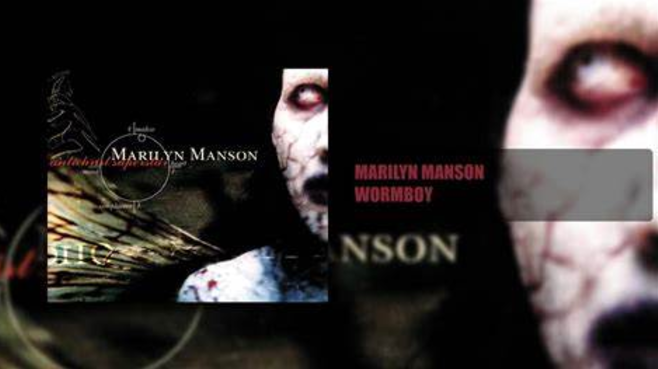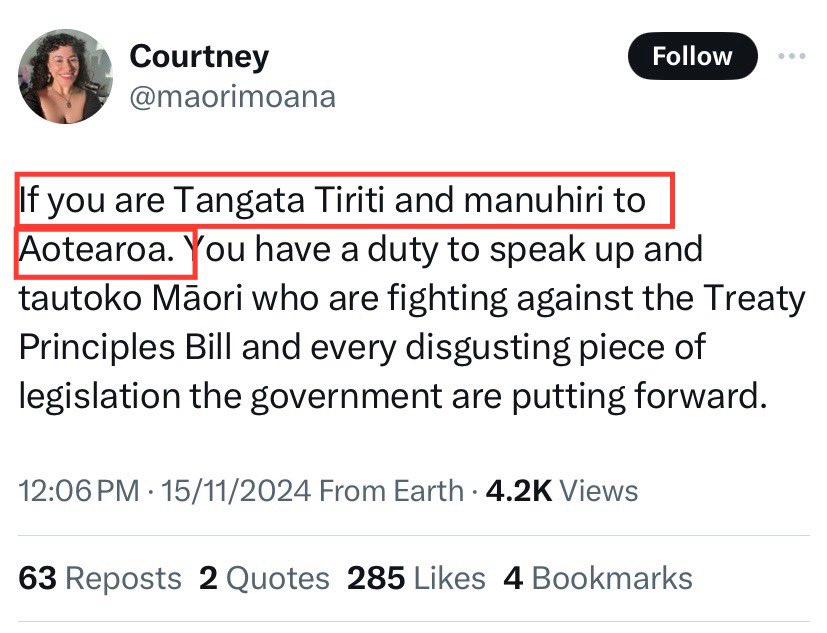
‘Wormboy’ is one of Marilyn Manson’s creepiest songs. From the album Antichrist Superstar, it covers typical Manson subjects like death, despair and psychological destruction, possibly in the context of a person who has discovered that Christianity has driven them to ruin. There’s more to these lyrics than goth themes, though. Buried within is some deep esoteric wisdom.
One line in particular stands out, and demands explication from an Elementalist perspective: “When you get to heaven, you will wish you’re in hell.” This is an extraordinarily strange line, but from an Elementalist perspective it makes perfect sense.
The Christian heaven (Manson’s mockery is limited to Christianity; he avoids mentioning Eastern religions) is supposed to be a place of perfect and eternal bliss. For many centuries, ignorant fools have yearned for this heaven, believing it to be a place where they are liberated from all the sufferings of the Earth. But as the lyrics of ‘Wormboy’ suggest, things aren’t that simple, especially when it comes to Christianity.
From this eternal bliss in heaven narrative, one question naturally arises: why would someone wish they were in hell?
Mainstream philosophy has difficulty grappling with such a question. Because even our metaphysical thought is infused with materialist logic, it’s hard to imagine someone desiring anything for non-materialist reasons. Thus, we understand the pursuit of pleasure and the avoidance of pain. But we don’t understand spiritual motivations nearly as well.
As such, we can understand what would motivate a person to want to get to heaven. The eternal bliss of heaven seems like a never-ending Oxycontin buzz to materialist cultures such as ours. We can all understand wanting pure pleasure.
Most people associate heaven with the ultimate final goal, the victory condition of life. If owning a home with a million dollars in the bank equals success in the physical plane, getting to one of the heaven realms equals success in the metaphysical plane. To get to heaven is to win at life. So why would a person who got there wish that they were in hell?
An Elementalist can readily explain: boredom.
The Fourth Tenet of Elementalism holds that the natural state of consciousness is one of perfect bliss. Following from this tenet, Elementalism teaches that this perfect bliss soon became excruciatingly boring. This boredom was what motivated God (understood in Elementalism to be the same thing as consciousness) to dream up something other than perfect bliss.
Elemental Elementalism 21.2 states: “It was in order to alleviate boredom that God forgot some of Godself, and, in so doing so, dreamed up the Great Fractal.” All of the various worlds in existence were dreamed up in order to alleviate the boredom of eternal bliss.
This includes the lowest of the hell realms.
It’s hard to realise, while on Earth, that any world must eventually become boring after enough time spent there. Earth is such a desperately miserable place that the vast majority of beings who incarnate here come to wish they were somewhere nicer. So, for the vast majority of Earthlings, the entire will is focused on getting to heaven. But when you get to heaven, you’ll get so bored that you will wish you’re in hell.
Infinite suffering is preferable to infinite boredom. At least infinite suffering has variety. Being forced to endure the infinite non-variety of the highest of the heaven realms is a form of suffering that is, in its own way, greater than the suffering of even the lowest of the hell realms.
So few of us appreciate the magnitude of the disappointment that awaits us in heaven!
Appreciating facts as esoteric as these is the preserve of a small number. Marilyn Manson may have seen aspects of reality that very few other humans have seen, and encoded references to this arcane knowledge in the lyrics of his songs.
It has long been known that Marilyn Manson is a fan of esotericism, and references to that are everywhere in his lyrics. Could it be that Manson himself has experienced, on occasion, such perfect bliss that he understands that there’s more to life than mere pleasure? If so, does it mean that Manson has cleared the Third Hurdle, transcended egotheism, and become a Luciferian?
*
For more of VJM’s ideas, see his work on other platforms!
For even more of VJM’s ideas, buy one of his books!
*
If you enjoyed reading this piece, buy a compilation of our best pieces from previous years!
Best VJMP Essays and Articles of 2023
Best VJMP Essays and Articles of 2022
Best VJMP Essays and Articles of 2021
Best VJMP Essays and Articles of 2020
Best VJMP Essays and Articles of 2019
Best VJMP Essays and Articles of 2018
Best VJMP Essays and Articles of 2017
*
If you would like to support our work in other ways, make a donation to our Paypal! Even better, buy any one of our books!






